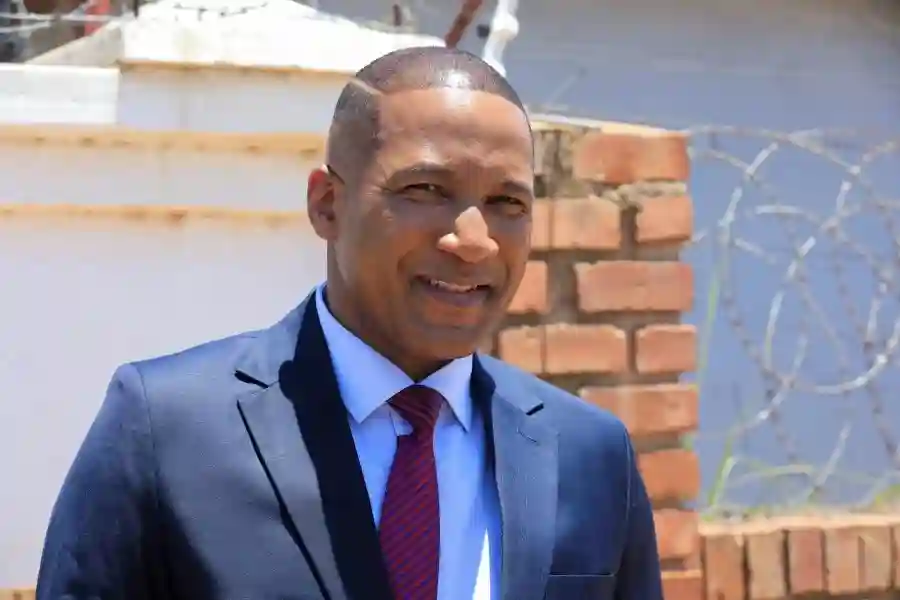Botswana’s new president, Duma Gideon Boko, wants undocumented Zimbabweans legalised by granting them temporary work and residence permits.
Speaking on the BBC Africa Daily podcast before his historic inauguration on Friday, Boko said Zimbabweans do jobs that would otherwise not get done.
Botswana is home to the world’s second-largest population of Zimbabweans fleeing their country’s economic crisis, and they are often met with resentment, leading to daily deportations.
The move may not be well received in the diamond-rich southern African nation, but President Boko, 54, who recently ousted the ruling party that had been in power for 58 years, sees it as a key part of his efforts to revive the economy.
He said managing the influx of thousands of Zimbabweans crossing through the long and porous border between the two countries has been a significant challenge. Said Boko:
They come in and are undocumented. Then their access to amenities is limited, if it is available at all, and what they then do is they live outside the law and they commit crimes – and this brings resentment.
So what we need to do is to formalise, have a proper arrangement that recognises that people from Zimbabwe are already here.
The exact number of Zimbabweans in Botswana is unclear, but thousands have been crossing the border regularly since Zimbabwe’s economy collapsed due to hyperinflation two decades ago. Many have also sought political asylum.
Available statistics show that Zimbabweans make up 98% of what are classified as “irregular migrants” in Botswana.
In response to a parliamentary inquiry earlier this year, a government minister revealed that between 2021 and 2023, 13,489 migrants were recorded, with 13,189 being Zimbabwean nationals.
Deportations of Zimbabweans are conducted daily by police stations across Botswana, targeting those without proper documentation or those involved in criminal activities.
They are often employed in low-wage jobs, primarily as domestic workers and farm labourers. Said Boko:
A lot of these workers from Zimbabwe perform tasks that the citizen finds unattractive… they do jobs that would otherwise not get done and so there’s no conflict there.
In any and every construction site in Botswana the majority of people with those skills are from Zimbabwe, so we need to do a twin programme of allowing them to come in and we utilise the skills that they have and in the process of utilising these skills we also engage in some sort of skills transfer.
We can’t stop people with skills from coming in when we don’t have the skills ourselves – we need to develop these skills and it takes time, so in the interregnum we need to have them come in properly, come in legally and be rewarded appropriately for the skills that they bring.
However, late last year, the government faced backlash after proposing that identity cards replace passports for travel between Botswana and Zimbabwe. The general sentiment was that this change would result in an influx of more Zimbabweans.
More: Pindula News

